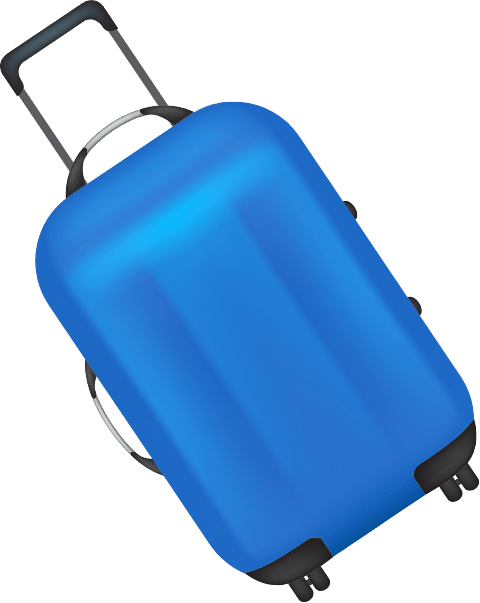Before the introduction of the Atlantic Immigration Pilot Program (AIPP), the Atlantic provinces allowed immigration through the Provincial Nominee Programs (PNPs). Under these programs, the provinces allowed thousands of skilled workers, graduates, and entrepreneurs to work and help the economy. With the Provincial Nominee Program, more than 200 thousand candidates are expected to get Canadian permanent residence between 2018 and 2021, that is why it plays a crucial role in Canada’s immigration. Firstly, the provinces and territories in Canada nominate eligible candidates and families to get permanent residence. The nomination may be due to several factors like a province has a lack of nurses, truck drivers, civil engineers, etc. With the help of PNP, the provinces prioritize the process of employing nurses in Canada. All final immigration decisions are done at the federal level but not at the provincial level. That’s why they are called Provincial Nominations because the province nominates, and only then the individual can apply to the federal government for your permanent residence. There are two types of Provincial Nominee Programs:








In this program, individuals require to have an active express entry in Canada’s Express Entry Pool. If the eligible candidate gets the nomination, 600 points will be added directly to the Comprehensive Ranking System (CRS) score, which will increase the chances of receiving the invitation to apply.
In this program, individuals don’t require to have an Express Entry profile. So, they are the best option for people who don’t qualify for Express Entry.
Here are the steps involved in applying for the Provincial Nominee Program


There are several ways to immigrate to Canada, such as through Express Entry, Provincial Nominee Programs (PNPs), Family Sponsorship, and Business Immigration. The eligibility criteria and application processes may vary depending on the program and category. You can visit the Government of Canada’s official immigration website for more information and guidance on the different immigration options available.
The requirements to immigrate to Canada depend on the immigration program or category you are applying under. Some common requirements include meeting the language proficiency (English or French) standards, having sufficient funds to support yourself and your family, meeting the educational and work experience criteria, and passing the medical and security checks. Each program may have additional requirements, so it is recommended to carefully review the eligibility criteria before applying.
The processing time for Canada immigration applications varies depending on the program and category. Some programs, such as Express Entry, have faster processing times than others. The processing times can also depend on factors such as the volume of applications received, completeness of the application, and whether additional information or documents are requested. You can check the current processing times on the Immigration, Refugees and Citizenship Canada (IRCC) website.
The different types of Canadian immigration programs include Express Entry, Provincial Nominee Programs (PNPs), Family Sponsorship, and Business Immigration. Express Entry is a federal immigration program for skilled workers, while PNPs are designed to allow provinces and territories to nominate individuals who meet their specific labour market needs. Family sponsorship allows Canadian citizens and permanent residents to sponsor their eligible family members for immigration to Canada. Business Immigration programs are designed to encourage foreign entrepreneurs and investors to start or invest in a business in Canada.




WhatsApp us